Relatively inexpensive compound could perform safely and effectively in solar cells
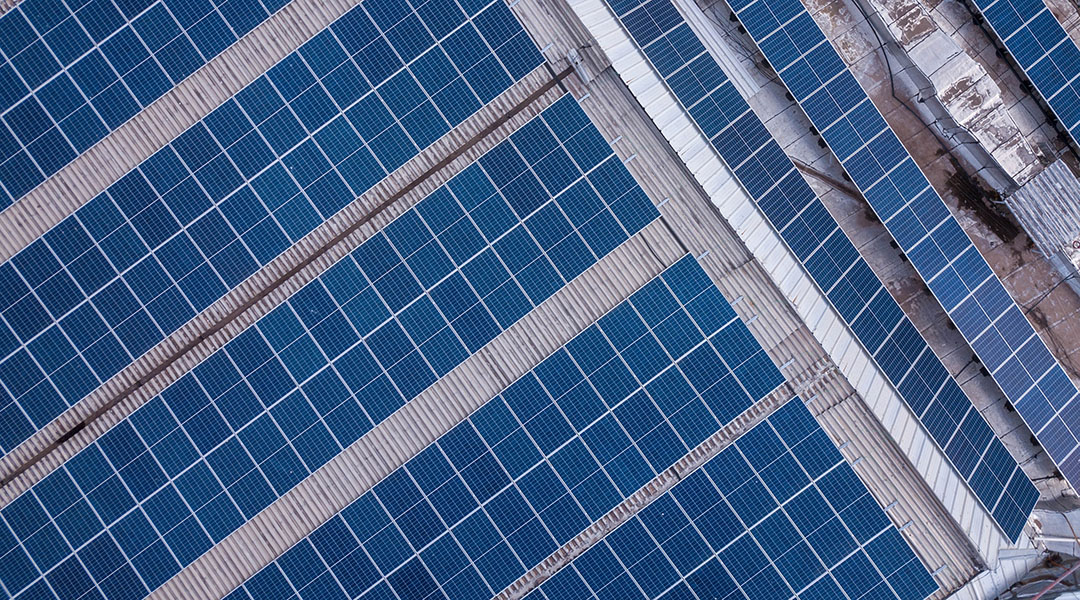

Relatively inexpensive compound could perform safely and effectively in solar cells
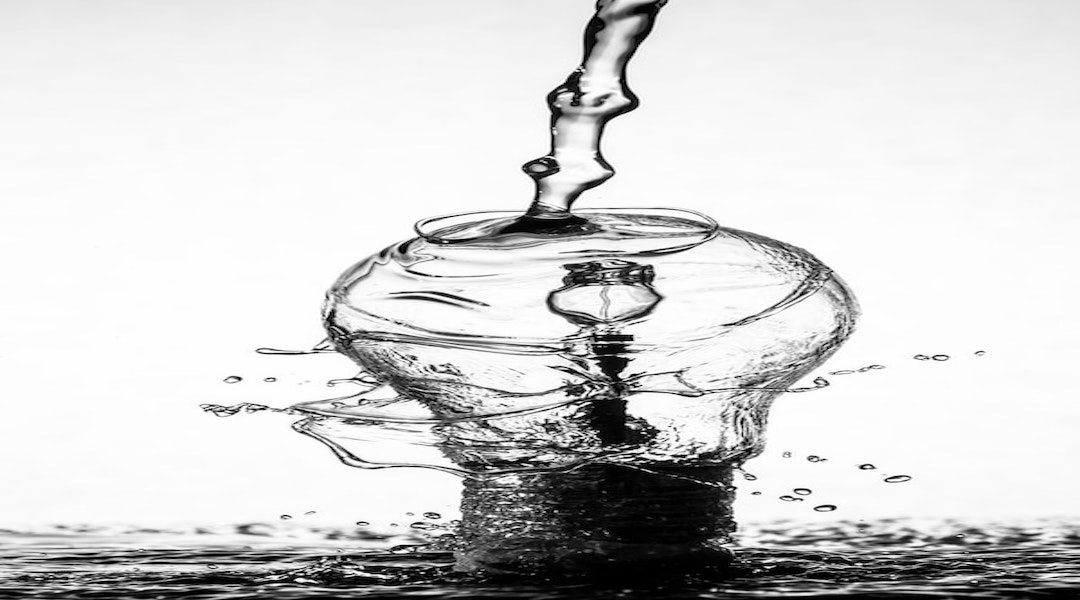
Desalinating water to meet the world’s growing water demands may be feasible using solar energy.

Scientists have developed a method for precise, fast, and high-quality laser processing of halide perovskites, promising light-emitting materials for solar energy, optical electronics, and metamaterials.
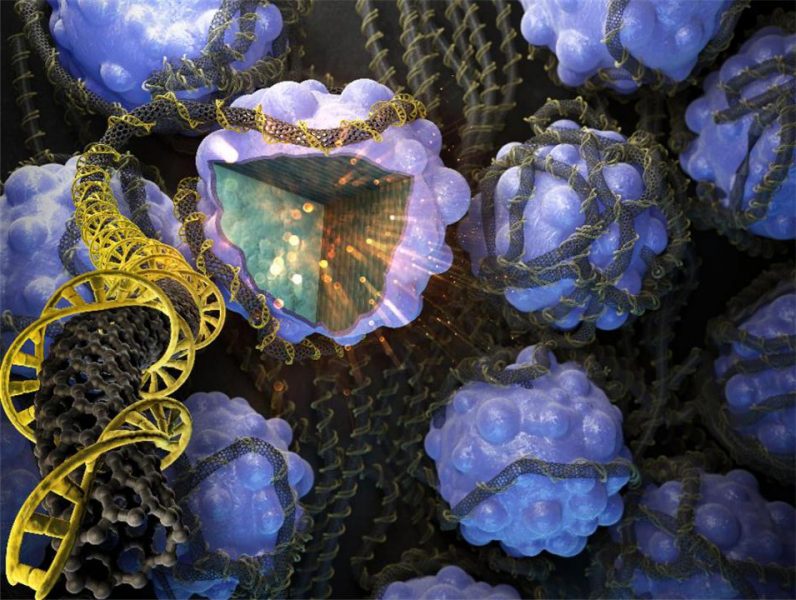
A Korean research team has succeeded in developing next-generation high-capacity cathode material for lithium-ion batteries using DNA from salmon and carbon nanotubes.
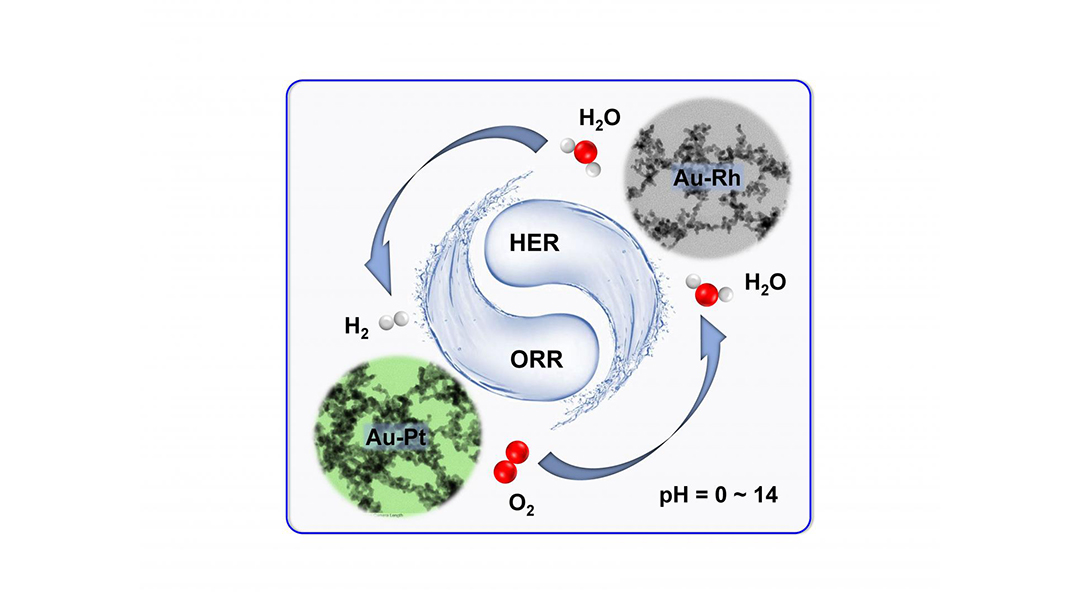
A new salting-agent facilitates the synthesis of new nobel metal aerogels for enhanced electrocatalysts.
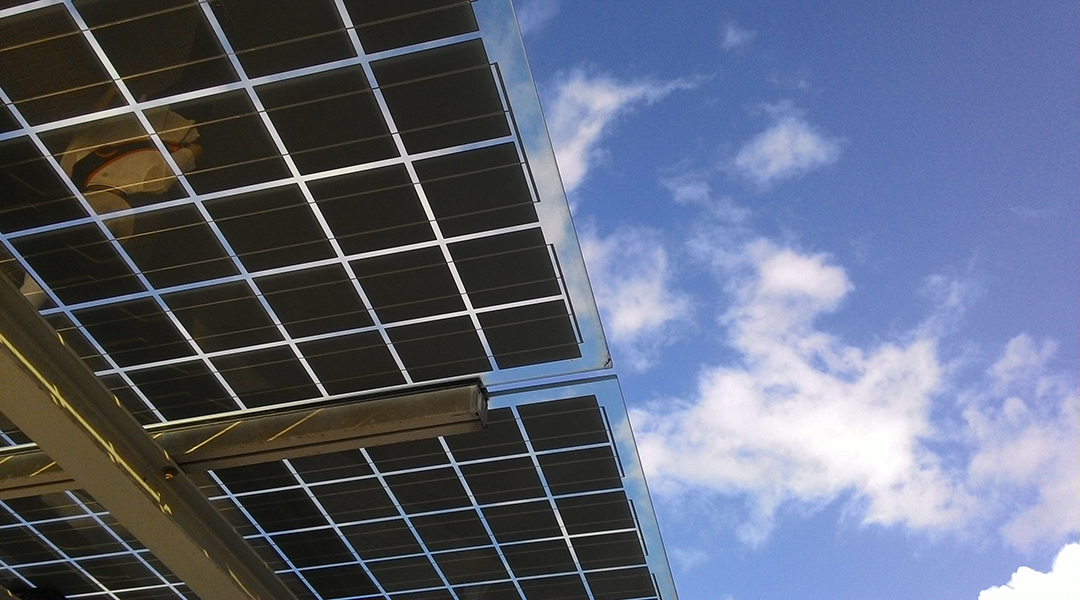
University of Groningen scientists have now “watched” how thin films of tin-based perovskite crystals grow to create more efficient and stable tin-based perovskite solar panels.
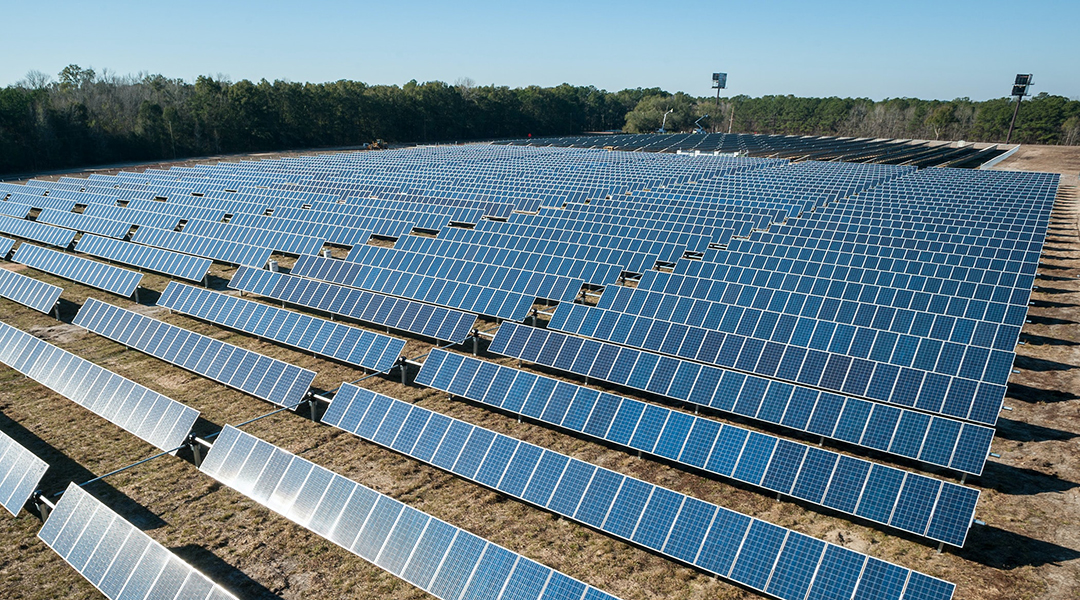
Photovoltaic-membrane distillation turns waste heat from solar panels into a power source to drive an efficient water distillation process.
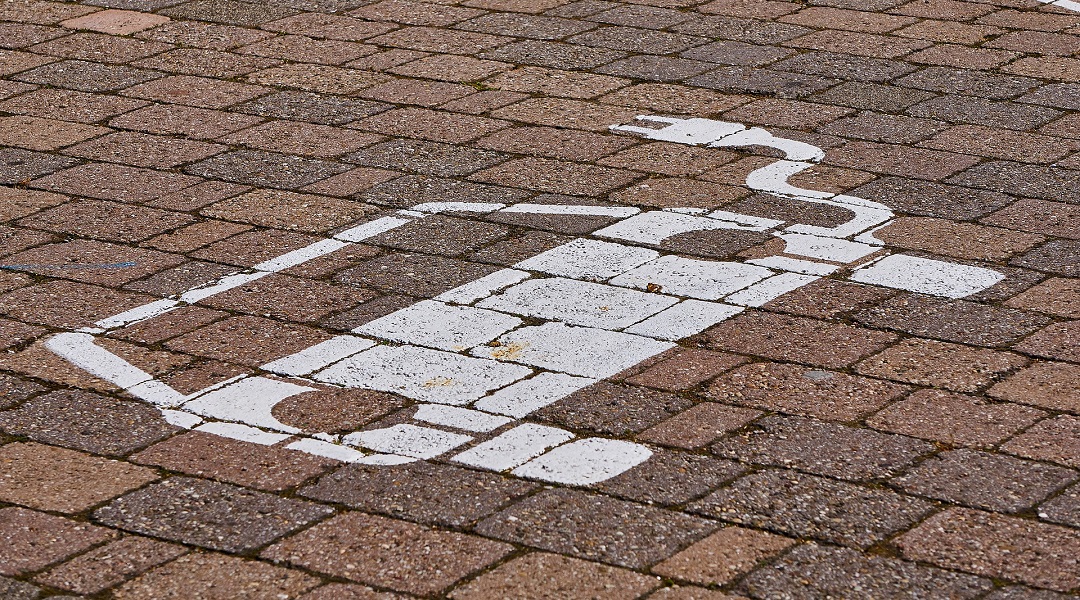
Magnesium batteries promise to replace the lithium-ion battery, but there remain certain challenges and open questions in this field of research.
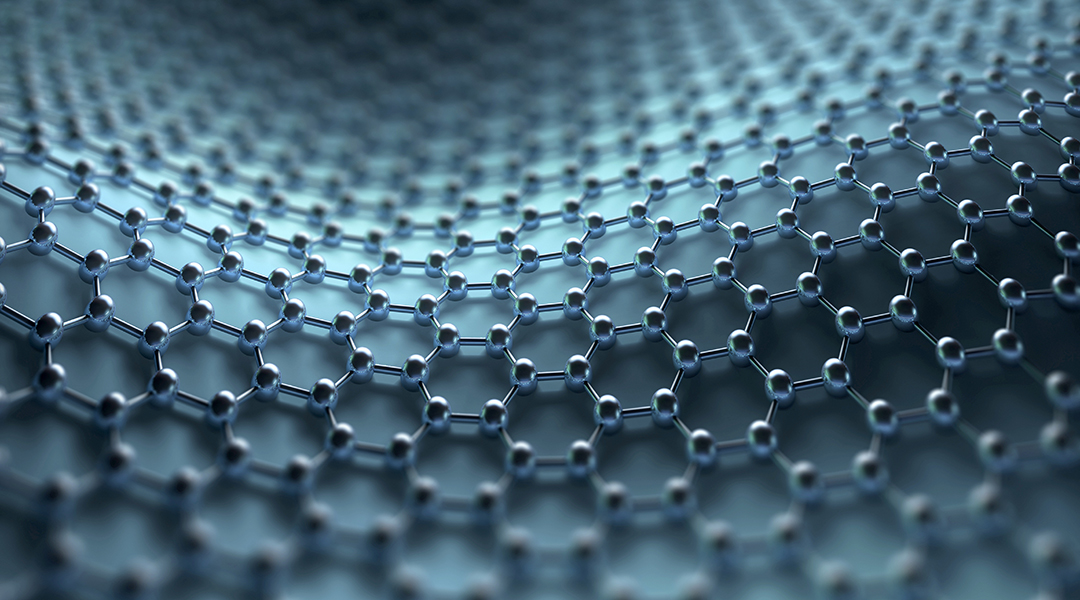
Computational screens allow researchers to efficiently determine how different elemental combinations can alter material properties to quickly identify 2D materials for next generation battery anodes.
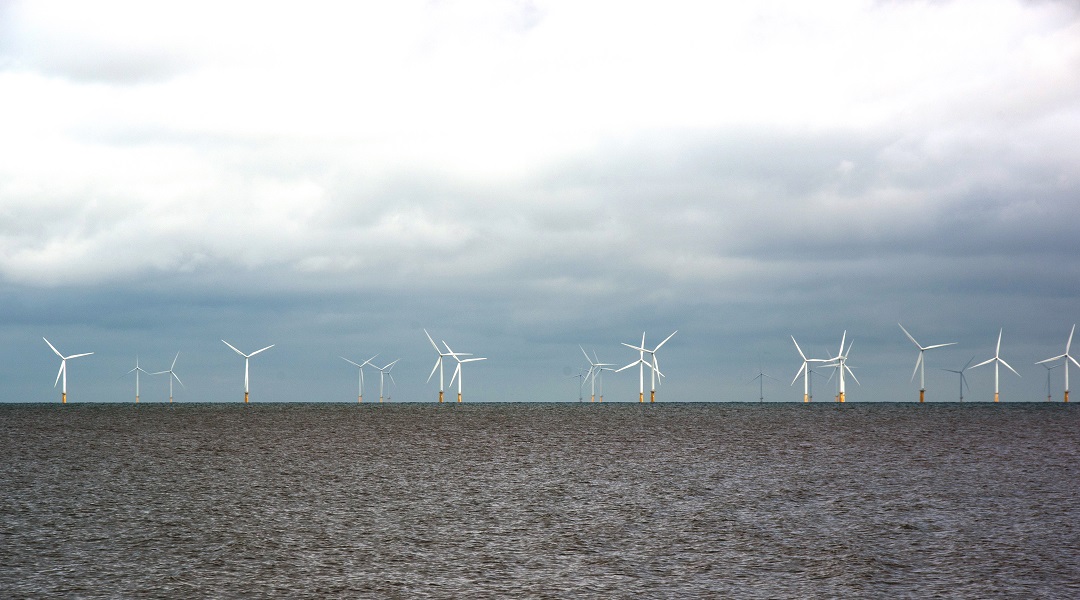
Dutch researchers develop a new computational model that could help turbine designers manage large uncertainties in wind and wave behavior.